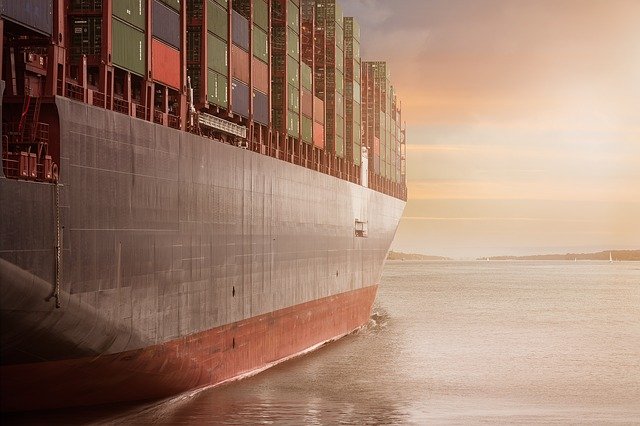
• The Association of International Shipping Lines welcomed exporters’ call for a dialogue to help resolve problems with vessel space
• Philippine Exporters Confederation members earlier complained of worsening supply chain and logistics issues that have caused shipment delays and huge losses
• Vessel space shortage is tied to lack of space on mother vessels calling transshipment ports, said AISL president Patrick Ronas
• Ronas suggested exporters use CFR (Cost and Freight) on sales contracts instead of FOB (Free on Board) for flexibility to nominate shipping line
The Association of International Shipping Lines (AISL) welcomed exporters’ call for a dialogue to help resolve vessel space issues that have resulted in shipment delays.
AISL president Patrick Ronas, in a phone interview with PortCalls, said their association, composed of international container lines calling the Philippines, can help exporters connect with carriers able to accept urgent shipments.
Ronas said AISL has already had discussions with food exporters to explain the vessel space situation and provide suggestions. Among suggestions Ronas puts forward is the use of Cost and Freight (CFR) instead of Free on Board (FOB) on sales contracts. CFR allows exporters to nominate the shipping line instead of leaving this decision to importers who may be unaware of issues with space availability.
READ: PH exporters in distress over worsening supply chain snags
The Philippine Exporters Confederation, Inc. (PHILEXPORT) recently said its members have complained of shipment delays and huge losses because of worsening supply chain and logistics issues, particularly lack of vessel space, soaring freight rates and container shortage. PHILEXPORT said the affected exporters are seeking a dialogue with industry players and relevant government agencies to find solutions to their concerns.
Addressing the issue of vessel space shortage, Ronas said this is due to unavailable space or slots on mother vessels calling regional transshipment ports, usually Singapore, Hong Kong, Shanghai, Busan and Kaohsiung. Even if a Philippine export shipment is loaded onto a feeder vessel (the Philippines isn’t called by mother vessels due to lack of volume), the shipment may still get stuck in transshipment ports and accumulate charges while waiting for available space, he explained.
READ: AISL: No empty container shortage but there’s deficit in vessel space
Ronas earlier pointed out a shipping line will only allocate a container to the shipper if the container has a guaranteed space on the mother vessel. Otherwise, containers will be “rolled over and storage fees can accumulate, which shippers will not be prepared to shoulder.”
Also aggravating problems of non-availability of vessel space is the priority given by foreign shipping lines to countries that offer higher volumes and rates, Ronas said. The Philippines is at a disadvantage when it comes to those metrics. Carriers, for instance, incur additional costs as cargoes from the Philippines have to be moved by feeder vessels to transhipment hubs.
In addition, Ronas disputed claims of an export container shortage, noting enough equipment supply in depots due to the country’s trade imbalance. With more import boxes coming in than export boxes going out, there should be ample supply of empty containers for eventual export.
So far the volume of exports from Manila as of end-April has been slightly better compared to volumes pre-pandemic (end April 2019).
Squeezed supply chains
The latest data from market intelligence platform Xeneta shows squeezed supply chains across the globe. A lack of equipment and the COVID-19 pandemic have added to unforeseen factors such as the blocking of the Suez Canal which have pushed shipping industry capacity to bursting point.
READ: Container rates up 34.5% since start of 2021—report
Long-term contracted container shipping rates in May surged 33.5% year-on-year as demand drove up rates for all major trade corridors.
Xeneta said with carriers blanking sailings to manage capacity–added to continuing high demand and reduced retail inventories–“it’s difficult to see the prospect of any immediate rates relief on the horizon.” – Roumina Pablo




